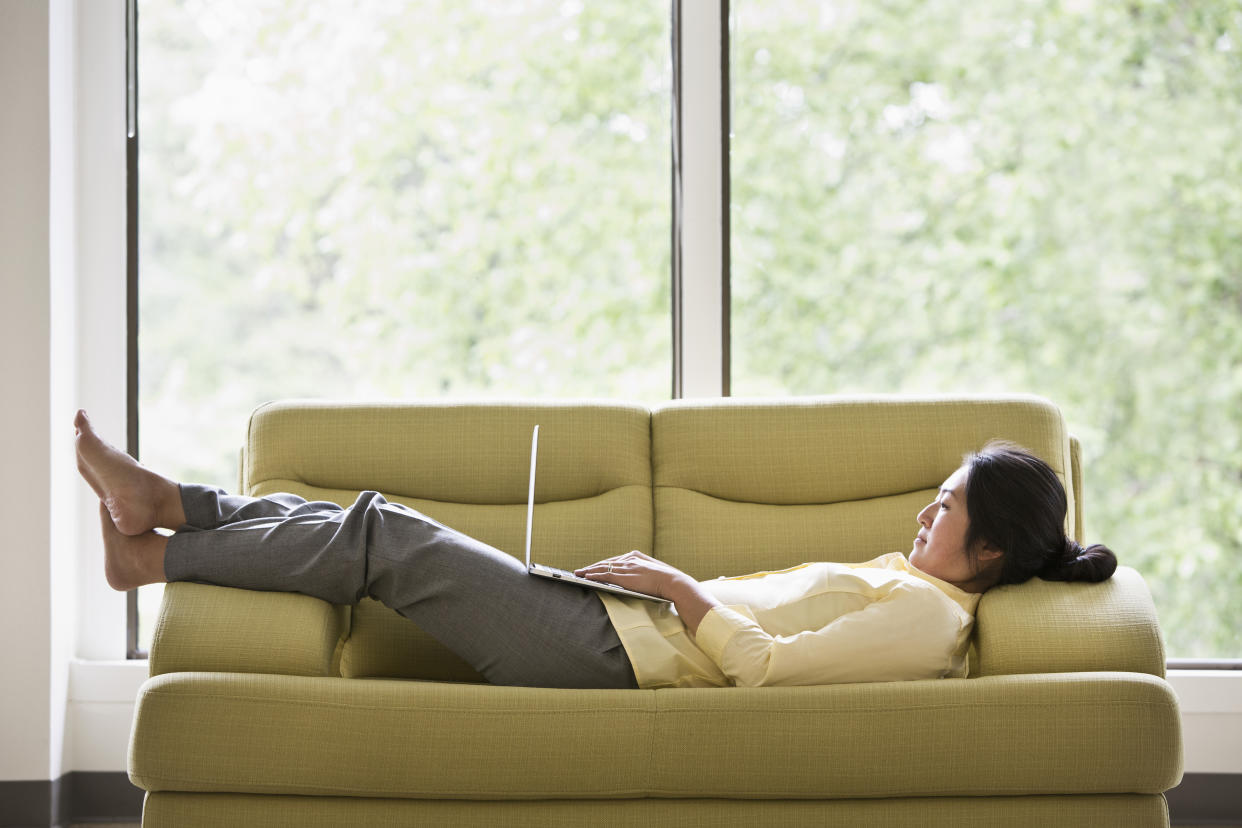Workers took almost 52m sickies in 2019 — costing the UK £5.6bn

UK workers who lie to take a sick day from work cost businesses £5.6bn, a study has found.
In a survey of 2,000 working Brits, by office suppliers Viking, employees reported that they weren’t actually sick for 38% of the sick days they took off last year, resulting in 51.9 million fake sick days were being taken in 2019.
With the average sickness absence costing £107.85, this resulted in a big loss for UK businesses.
READ MORE: Fallen ill on holiday? Use this sick-leave loophole
The survey also revealed a trend, highlighting that lying to take sick days was more common amongst younger generations.
Seven in 10 (71%) of 25 to 34-year olds admitted they’d lied when calling in sick, compared to just a quarter of over 65s.
Despite lying to pull a “sickie” from work being on the rise in UK offices, Viking’s research highlighted a growing pressure to avoid taking sick days.
Nearly nine in 10 (86%) of 25 to 34-year olds reported feeling under pressure to avoid taking sick days, listing reasons such as stress caused by their workload (33%), anxiety about calling in sick (31%) and pressure from their manager (24%).
READ MORE: Why we need to take mental health days sometimes
Meanwhile, less than half (44%) of over 65s said they feel pressure to avoid taking time off.
Younger generations are also much stricter when it comes to what should constitute a day off.
The research found a similar trend when it comes to company’s policies on sick days. Over half (53%) of 25 to 34-year olds are unaware of their company’s policy on sick days, compared to 27% of over 65s.
Many of the younger generation also raised questions over their employer’s handling of sick days. About 17% said they feel they don’t get enough sick days from work, with 1% of over 65s saying the same.
READ MORE: Why are we no longer taking sick days? - Yahoo
Despite 71% believing it doesn’t constitute a day off, one-third (33%) believe mental health sick days should
Bob Huibers at Viking said: “Businesses should be aware of the changing attitudes towards taking sick days. With absences falling to an all-time low, younger generations are forcing themselves into the office with colds, fevers, and poor mental health. Not only will this take its toll on employee’s health, but it will see a dip in productivity during office hours as well.
“Communicating a fair policy and helping employees understand their rights when it comes to taking sick days will help reduce the pressure and stigma surrounding the subject. Taking time off when necessary will help employees recover and return to work in good health.”

